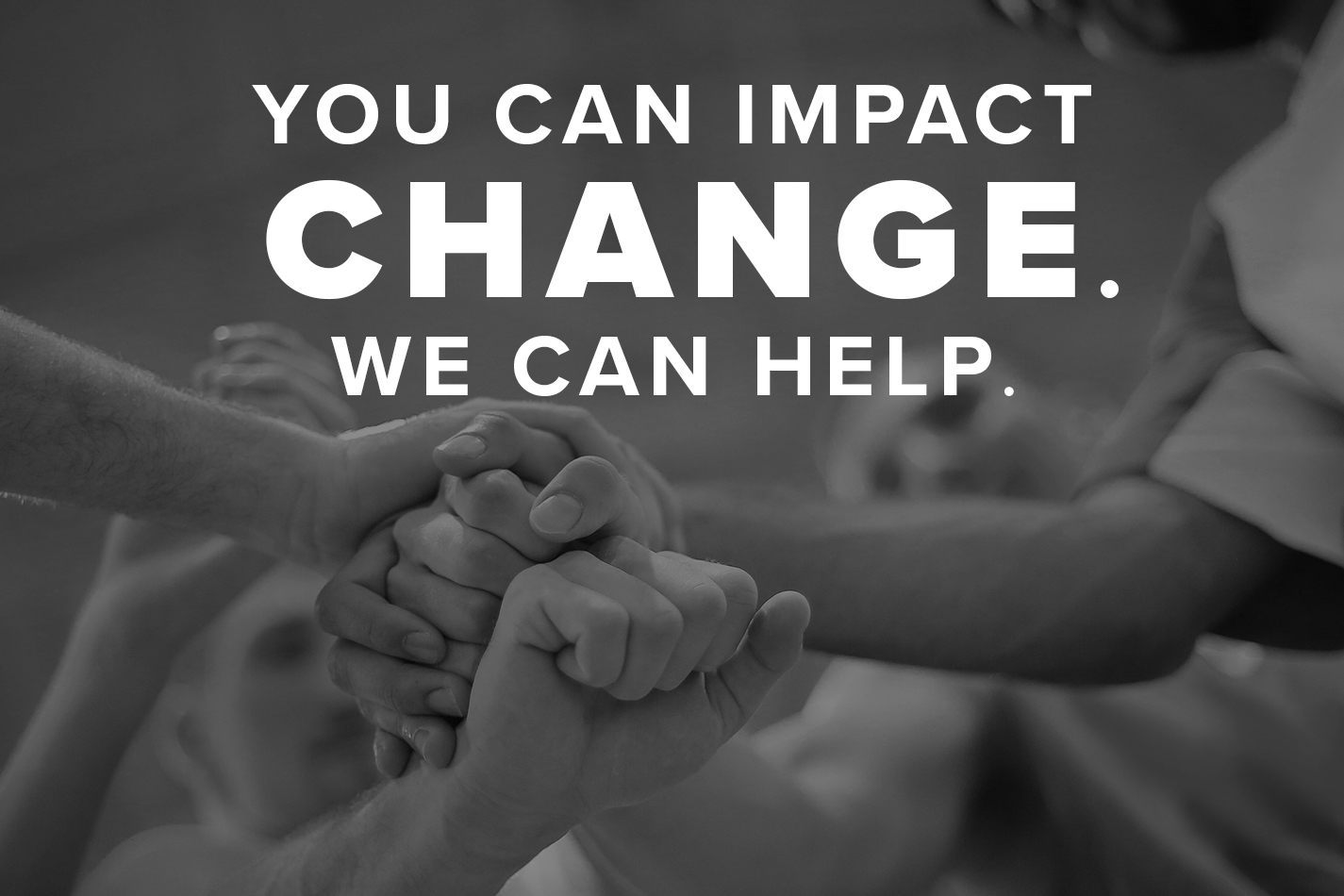Our sporting community continues to evolve during the challenges of a global pandemic and the numerous changes affecting schools and athletics around the country. Now more than ever, the immense influence coaches like you have on and off the court or field is key to helping your student-athletes prepare for a future beyond sports—something Jacqie McWilliams, Commissioner of the Central Intercollegiate Athletic Association, knows firsthand. Ms. McWilliams believes she might never have gone on to work within the industry were it not for the guidance of coaches throughout her youth, high school and college athletics career.
As the third full-time Commissioner of the Central Intercollegiate Athletic Association (CIAA), Jacqie McWilliams is the first African American female ever to hold the position, and at the time of her appointment, was the first African American female commissioner across all NCAA Divisions. She leads all strategic planning for the conference, working closely with the 12 full-time member institutions and an associate member (along with the board of directors and staff) to support the advancement of student athletes while managing 14 CIAA championships.
Prior to her current role, Ms. McWilliams spent nine years at the NCAA where she managed NCAA Championships and served as Director of the Division I Women’s Basketball Tournament (2006–2009) and Director of the Division I Men’s Basketball Tournament (2007–2012). Ms. McWilliams also has experience in administration, facilities and operations, compliance and governance, human resources and external operations. While a student-athlete at Hampton University, she was a member of the 1988 NCAA Division II Women’s Basketball Championship team as well as the 1987 and 1990 CIAA Volleyball Championship teams.
Ms. McWilliams attributes her success to the numerous coaches that influenced and impacted her life. Being surrounded by amazing leaders and coaches that asked hard questions taught her how to manage relationships, cope with failure and connect with people at different levels.
As a result, she’s developed the following three key beliefs that have helped propel her throughout her career.
- Coaches’ Guidance Can Impact an Athlete’s Future. Throughout her life, coaches have helped her learn, grow, take criticism and cultivate her passions. They allowed her to expand on her strengths, pushing her outside her comfort zone so she could develop multiple skills. This enabled her to transfer from different roles later on in her career.She states, “Coaches are at the forefront of development. You impact more student-athletes every day than some people do in a lifetime. Know that your athlete is also a person who one day may have to walk away from their sport. Help them develop the skills that will prepare them for life after the court.”
- Every Opportunity Has a Purpose. “Teach your athletes that every place or opportunity they are offered gives them the ability to learn and grow. Explain to them that every position they are placed in has transferable knowledge and can translate into another position. Enable your student-athletes to focus on being the best in the position that they hold, but also to be aware when they are not giving 100%. Help them develop their mission, their morals and their purpose. Once they’ve developed those core elements, they’ll be able to develop in a specific opportunity. It’s just as important for players to learn what they’re lacking, so they can grow and develop relationships that can get them where they want to be.”
- Relationships Can Transform.“One huge thing you can teach your athletes is that all relationships are important. Learning to manage those relationships can impact their future. Being connected to people, developing relationships early on can help them in the future, since connections are of major importance when developing your career. Tell them to get to know the people who are working at the places they see themselves going; people who can help lead them to their next opportunity. Teach your athletes that no relationship is transactional and that all relationships can transform and make them better, not only as individuals but as part of an entire community.
Overall, coaches have a huge impact on your players, on and off the court. Remember that sports may not be the end game for all your athletes. Help develop them as individuals—because your impact will last a lifetime.

